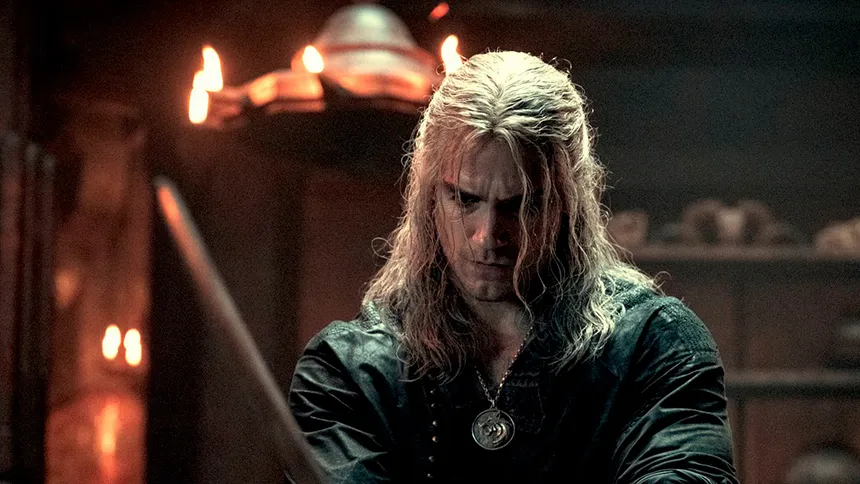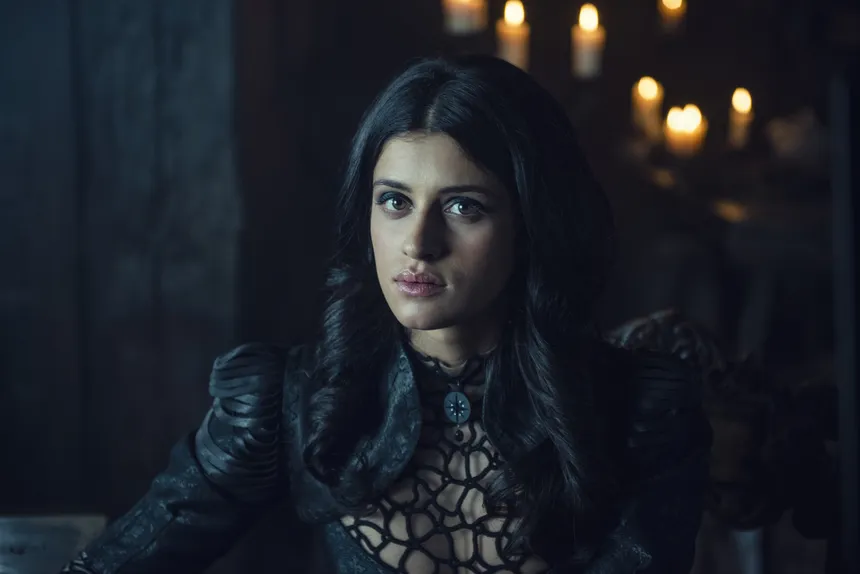The Netflix series The Witcher has taken a unique approach to its source material, deviating from Andrzej Sapkowski’s original books. Despite this creative liberty, showrunner Lauren Schmidt Hissrich has promised a more faithful adaptation of the second novel, Time of Contempt, which has fans optimistic about the upcoming third season. To regain its footing, the show needs to incorporate more of the original story and embrace the weirdness that makes the franchise stand out.
Sapkowski’s later books introduced elements of Arthurian legend and Slavic mythology, adding a distinct tone to the narrative. The showrunners have the opportunity to capitalize on this eccentricity, moving away from predictability and monotony. Ciri’s storyline is a prime example of this willingness to defy convention, as she transforms from a vulnerable child to a powerful sorceress, grappling with her destiny and the weight of her genes. Her journey is complicated, but it also showcases the show’s ability to balance action, drama, and humor.

A Still From The Witcher (Photo: The Witcher)
The climax of The Lady of the Lake is a poignant and bittersweet conclusion that leaves the reader emotionally invested in the characters and their fate. It’s a testament to the show’s potential to create a lasting impact on fans. As Hissrich notes, “Let stuff be weird!” The franchise has the potential to be innovative, pushing the boundaries of the fantasy genre, and it’s up to the showrunners to let the show’s eccentricities shine through.
Despite the show’s creative liberties, the core of the series remains strong, with a rich world and complex characters at its heart. By embracing its weirdness and staying true to the source material, The Witcher can replicate the magic of Sapkowski’s books and create a loyal fanbase. The show’s unique tone, which blends elements of Arthurian legend and Slavic mythology, is its greatest strength and the key to its success.
























